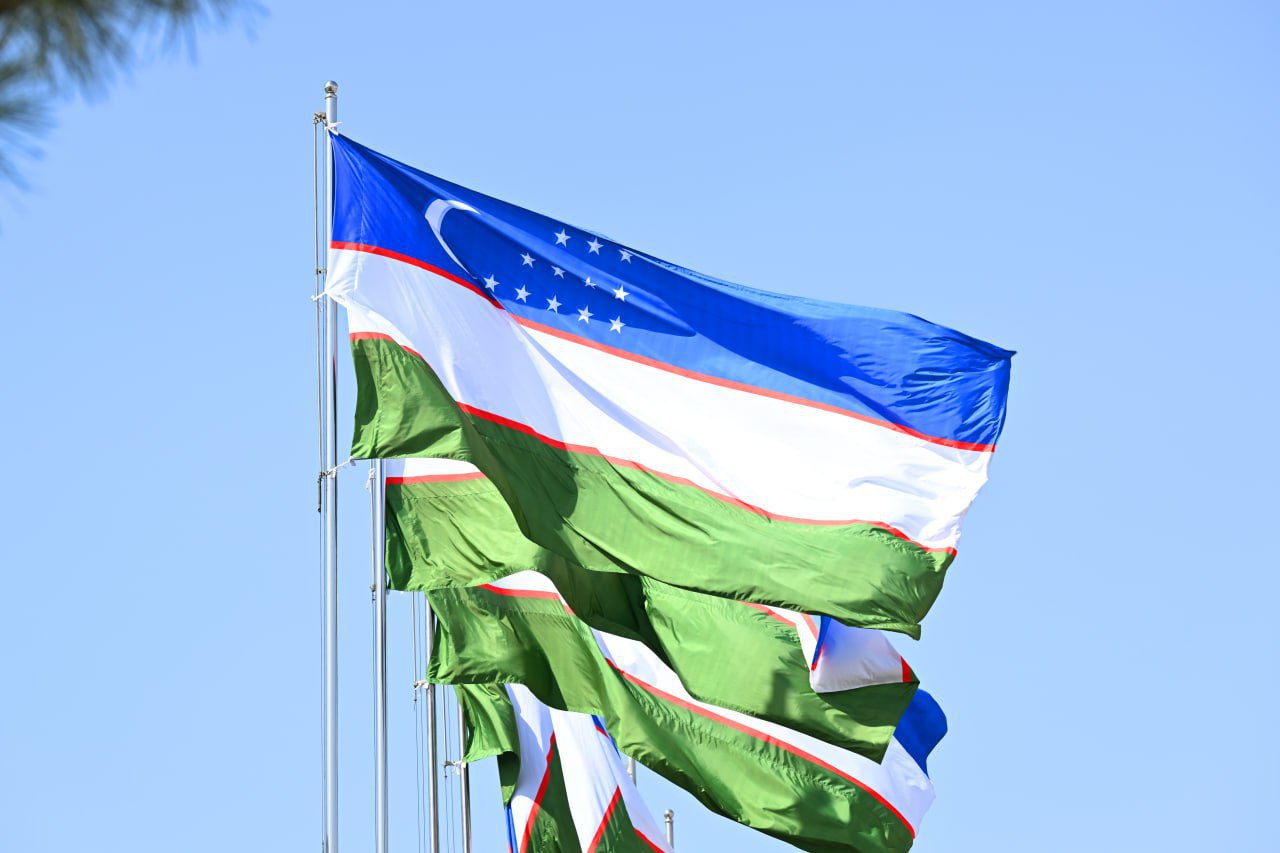BAKU, Azerbaijan, August 23. Documents signed on August 22 between Azerbaijan, Turkmenistan, and Uzbekistan open new opportunities for regional integration and the development of transport and logistics corridors, Bakhtiyor Ergashev, an Uzbek expert and political scientist, director of the Center for Research Initiatives "Ma'no", told Trend.
According to him, the main political significance of the summit of the three countries’ presidents lies in connecting two key regions – the South Caucasus and Central Asia – through the potential of Azerbaijan, Turkmenistan, and Uzbekistan.
“They are combining their potentials, addressing accumulated problems, and defining the prospects for cooperation. It is impossible to deepen cooperation without taking steps toward synchronizing the activities of economic agents, the economic entities of the countries, creating conditions for collaboration, partnership, and increasing foreign economic turnover between the countries of the region. This provides serious positive expectations and is inspiring,” Ergashev noted.
The expert emphasized that the countries of Central Asia and the South Caucasus are interested in establishing and strengthening transport and logistics cooperation, as these regions are expected to become a bridge connecting the Eurasian space and linking major cargo-generating centers such as China, India, and the European Union.
He also explained that the meeting in Turkmenbashi is aimed at finding practical solutions to institutional, administrative, and infrastructural problems, such as the absence of a unified coordinating center, lack of an operational system for information exchange between ports, complicated customs procedures, shortage of ferries, and bottlenecks in railway infrastructure.
According to him, agreements on joint activities in aviation and shipbuilding address concrete practical tasks, including the creation of container ship and ferry fleets between the shores of the Caspian Sea.
“There are statements that due to the shortage of container ships and ferries operating between ports on the Caspian Sea, Uzbekistan has decided to create its own fleet to ensure more efficient cargo transportation between the two shores of the Caspian. In this matter, Uzbekistan intends to cooperate with both Azerbaijan and Turkmenistan in the construction of such vessels. Uzbekistan is already concluding negotiations on the types, capacities, and volumes of ships to be built and operated on the Caspian Sea routes. Shipbuilding plans between the countries exist, are being discussed, and should lead to positive results to increase maritime transport capacity,” Ergashev said.
The expert stressed that establishing sister-city relationships between Fuzuli and Arkadag contributes to the development of humanitarian cooperation, educational and cultural exchanges, and strengthening ties between regional communities.
“We need to develop the track of humanitarian cooperation and exchanges. And the sister-city format is an old, well-tested, and effective way to strengthen cooperation between countries, cities, and communities. Work at this municipal level will, of course, promote the development of regional ties,” he added.
Regarding financial interaction, Ergashev noted the importance of the agreement on cooperation between exchanges.
“Commodity and raw material exchanges in each country of the region are largely key organizations. The stronger their ties, the clearer the relationships between exchanges, and the more opportunities they open for each other, the greater the boost to foreign trade between the countries. If operational and effective cooperation is established, we will have the opportunity to increase trade turnover. This is a very important practical step, which can be measured and observed in the process of deepening foreign trade cooperation between the three countries,” the expert emphasized.
The political analyst stressed that the successful implementation of multilateral transport and logistics initiatives requires strengthened institutional coordination, reduced administrative and procedural barriers, infrastructure development, and consideration of climate changes affecting Caspian Sea cargo flows.
“The signing of agreements and the leaders’ meetings are indicators that each country understands these tasks and is ready to combine efforts to ensure synergy and increase the efficiency of the trans-Caspian route,” concluded Bakhtiyor Ergashev.







